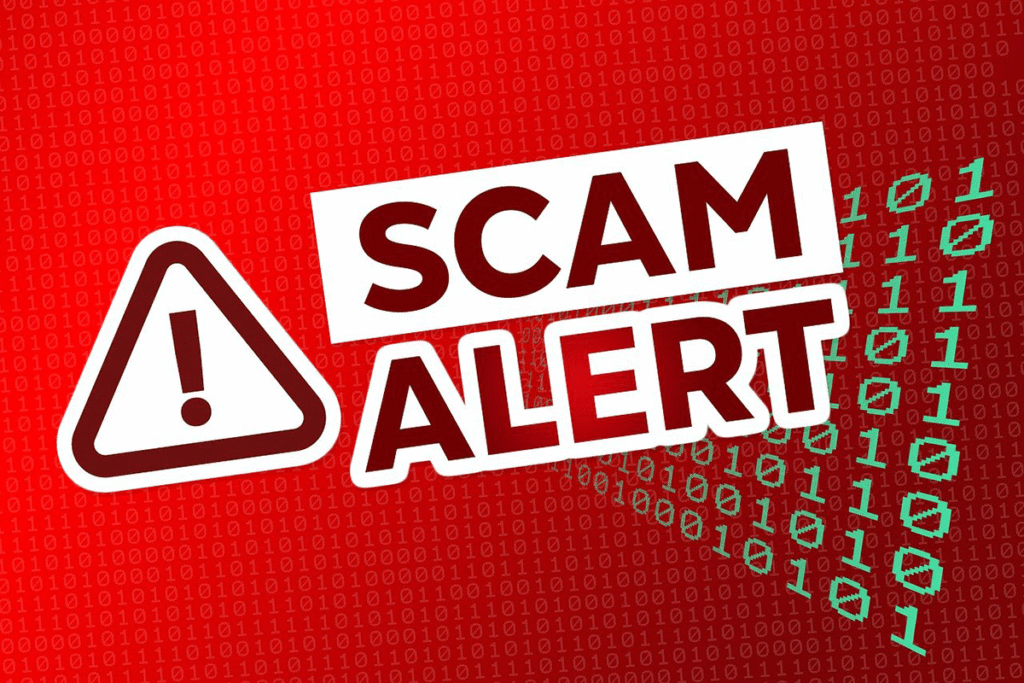The winter holidays are approaching, and many people take this time of year as an opportunity to give to charitable causes or participate in events like Giving Tuesday.
With so many great organizations to support, you may find yourself struggling to sift through the options. You might also receive unsolicited requests for donations from charities around this time of year – and while many of them are trustworthy, some of these messages could be from scammers impersonating trusted nonprofits. These unethical organizations take advantage of the giving spirit around the winter holidays to solicit money from well-meaning donors.
As a donor, you want to know that your money is being used wisely. The best way to do that is to give to trusted charities who have a high degree of transparency and accountability to their donors and communities.
It’s best to start with well-known charities you are already familiar with. BBB can also help you find a trusted charity: Donors can search for Charity Reviews at BBB.org and look up local Accredited Charities, which have been vetted and meet high standards for ethics and transparency.
BBB’s tips for giving wisely:
- Do your research. If you’re unfamiliar with an organization, ask the charity for written information about its programs and finances. Read reviews on BBB.org and check for the BBB Accredited Charity Seal.
- Know where your money is going. Don’t assume you know what the organization does based on name alone. Go to their website or call to see what services you are supporting.
- Look out for lookalikes. Some scammers will use similar names to impersonate a trusted charity. Double check the name of the nonprofit and their web address, email and/or phone number before giving any money.
- Pause before you pay. Charitable organizations may make an extra push for donations around the holidays, but generally, they will be happy to accept your donation at your convenience. Beware of messages that pressure you to donate immediately. If you’re not sure about donating, wait.
- Check for online security. Before making online donations, make sure that the charity’s website is secure (the web address should begin with https://) and that it has a privacy policy concerning the use of your name, email address or other data.
- Ask before donating items. Some charities are happy to take donated clothing or other items, but for others, handling physical donations may just create more work. Instead, you may want to consider donating money or selling the item and donating the proceeds.
- Find out if your donation is tax deductible. Speak with a tax professional or check the IRS website if you aren’t sure whether your donation is tax deductible.
You can find more tips for charitable giving at Give.org.
Khesha Duncan is the Columbia Regional Director with the Better Business Bureau. She is primarily responsible for education and outreach via in-person presentations and media interviews.










